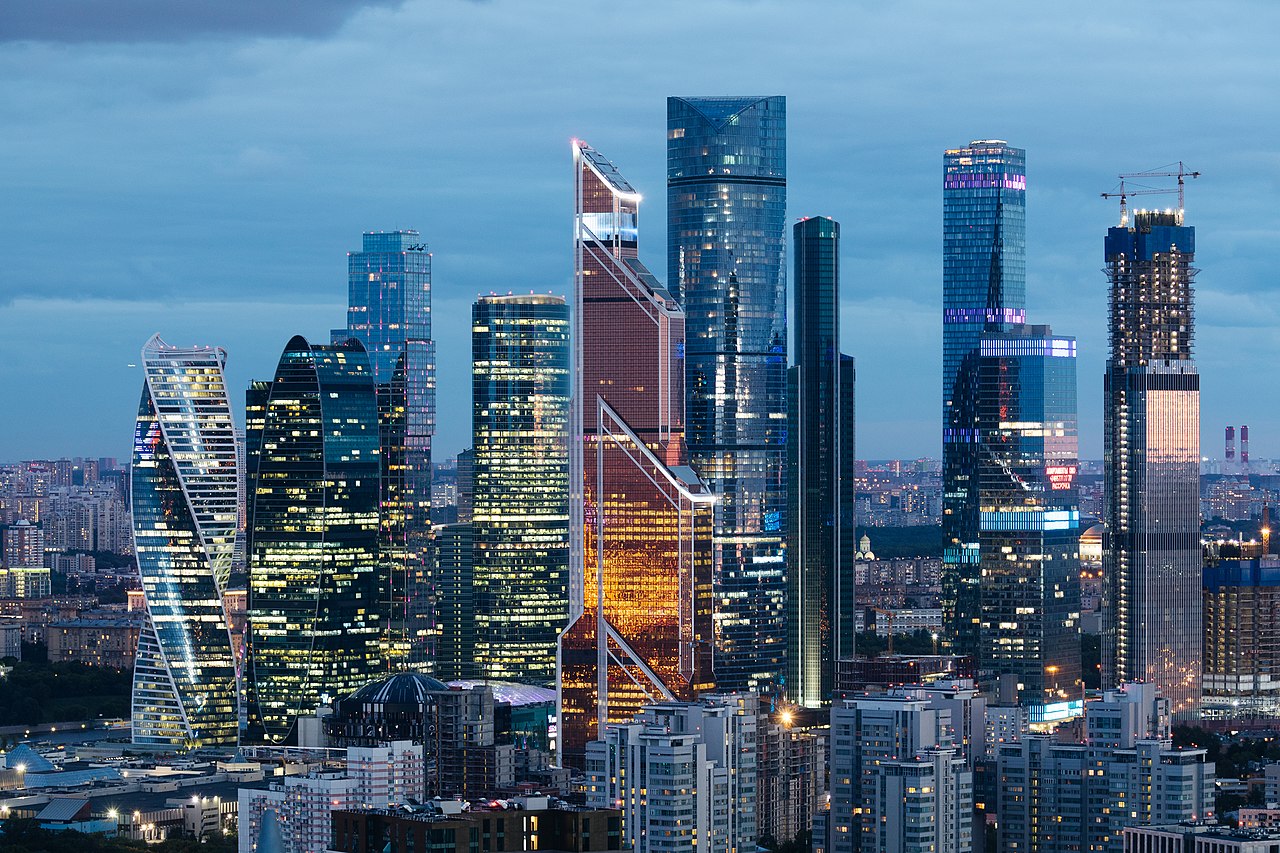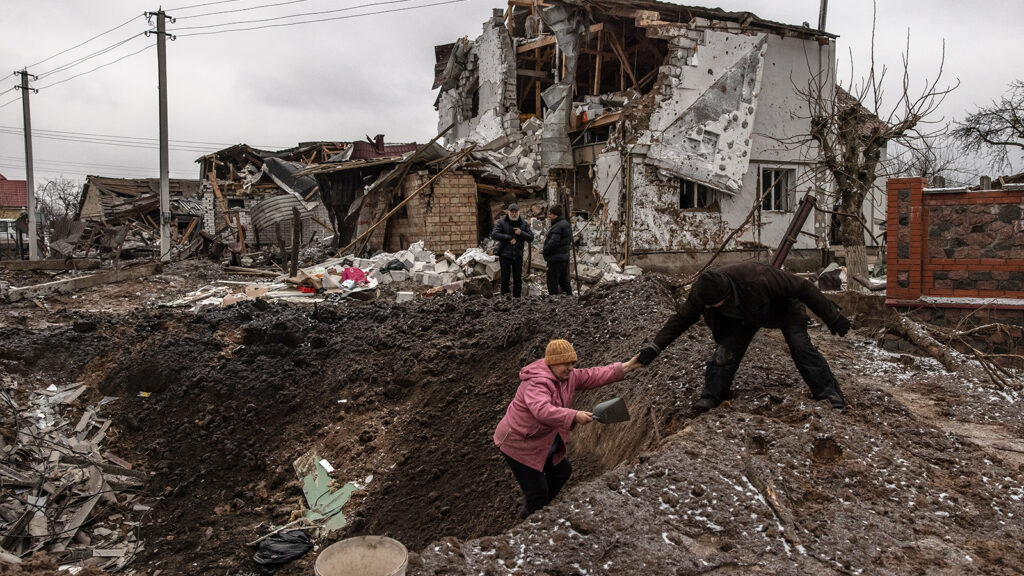
More than 500 companies have withdrawn from Russia, but not all businesses have left.
Photo: Creative Commons via CC
International companies have shuttered their business with Russia at an extraordinary rate. Oil giants shut down their rigs, and tech companies unplugged their servers, sending workers home. Luxury good brands joined the exodus, sending powerful values-ridden press releases. The wave of global companies leaving Russia has not stopped.
So does this mark a turning point in activist corporate social responsibility, and what does this mean for the few international companies that refused to leave? This week, the Altamar podcast team of Muni Jensen and Peter Schechter were joined by DJ Peterson, the founder of Longview Advisors. DJ Peterson led the Corporate Advisory Services practice at Eurasia Group and is an expert in executive positioning and political risk.
The last time there was such a corporate exodus from a country was in the 1980s in South Africa, where hundreds of American companies stood with the U.S. policy of rejecting Apartheid and shuttered their activities in South Africa. There was no social media platform for public shaming or customers posting, but even then, it sent a strong message, often at great cost for companies.
We asked if this is going to become a way for companies to exert political pressure. Peterson answered, “I think it’s going to set a precedent. … In many ways, these companies have been forced to take action because of public sentiment. … And the question is, will this standard hold for other markets?”
But are these private actions capable of influencing [President Vladimir] Putin’s decision? Peterson explains, “No, it doesn’t. I think it’s very important to be clear that [President] Putin is often portrayed as a strategic chess player. But in fact, he lives in an imaginary medieval world in which Russia is great, Russia is the future, and the West is degenerate. So, there’s nothing the West can do or Western companies can do to change his thinking.”
No Going Back
More than 500 companies have withdrawn from Russia, so what is the economic impact for consumers, and when does it end? Peterson replies, “I think this is the big question. In many cases, people are wondering, can we reanimate our businesses that have been frozen or our investments? I’m saying we can’t go back.”
He elaborates, “First, as long as [President] Vladimir Putin is in office, sanctions aren’t going to be lifted. And very importantly, the brand risks for companies are going to be heightened. Second, the Russian economy has been fundamentally hobbled by sanctions, so the business opportunity for companies to sell into Russia is greatly diminished. And finally, looking at larger issues such as ESG … the scrutiny is just much greater, and this is making them much more risk-averse than they were in the past.”
Not Everyone Has Left
Despite the numerous and often surprising exit of companies, not everyone has left. Many companies have stayed cloaked in concern for their workers and the communities that they are in. Are there consequences for these companies? “If you look at the list [of companies], almost every major Western brand is pulled out or frozen or curtailed or written off their investments. The players that are remaining are largely Asian. Or they are companies that are not retail brands, they’re B2B, providing oil field services technology, even in the pharmaceuticals area. The visibility is a factor here.”
Would Companies Do the Same With China?
Altamar’s Peter Schechter asked, “Do you think that companies need to take a political stand all the time? Doesn’t this make the expansion of globalization very difficult?” Peterson answered, “I think Russia is setting a precedent for corporate decision-making, [regarding adhering to] ESG criteria. And [for] other situations, the question is, does it get the scrutiny? Obviously, a big issue is China. Companies are not going to pull out nearly as fast from China. When you talk about other smaller emerging markets, it’s an issue of scrutiny. The question is, do they get scrutiny? Is this large enough?”
“In the pullout from Russia, companies have written off hundreds of billions of dollars of investment and years of participation in that market. That’s not fake, that’s real. So, I would be careful calling that ‘fake wokeness.’ But clearly, again, companies are not going to be as quick to pull out of China for infractions or other markets.”
The ESG screen is becoming a problem for companies on multiple fronts. Our guest used the Walt Disney Company as an example, explaining “Disney announced a withdrawal from the Russian market at the same time that it was lambasted in Florida for not opposing the Don’t Say Gay bill there. In fact, you can see there’s a direct parallel there. This ESG screen on Russia and the ESG screen on Florida. Russia’s creating the template. It’s not necessarily creating a clear pathway for companies, though.”
When governments overtly cause global disruptions, what is the role of business? Has this grown or changed in recent years? Peterson explains, “When we see failures in the public policy arena, companies, because they’re large and very visible, become a vehicle through which people try to achieve policy objectives. It’s not clear though, that companies are always going to do the right thing or that they can always do the right thing at the end of the day. Most companies are private, and they respond to their shareholders, and that’s not necessarily the voters.”






